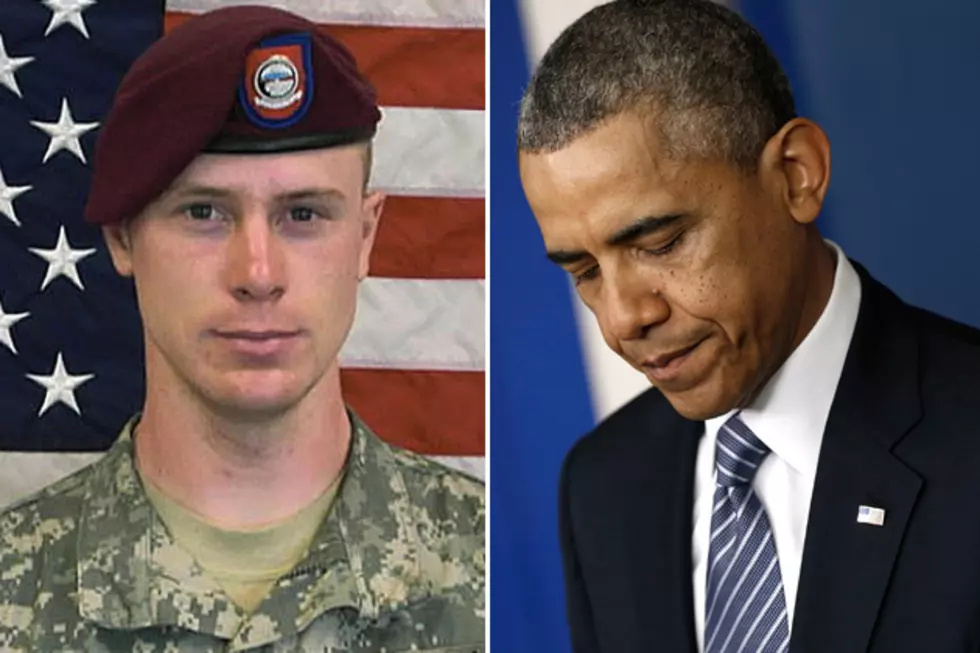
‘Whiskey Crisis’ Looms Over America’s Drinking Culture
I've heard the stories about running out of water in this country. Or gas, or even clean air. But now the real crisis is running out of Whiskey? Really? "The day after California Chrome won the Kentucky Derby, earlier this month, no one was drinking mint juleps at the Magnolia Bar & Grill, a neighborhood mainstay on the corner of two tree-lined streets in the stately Old Louisville neighborhood.The hungover, seersucker-and-hat-clad Derby-watchers had skipped town, and the locals were celebrating their departure with shots and glasses of what has emerged as one of the hottest spirits in the United States: whiskey, particularly American bourbon.The surge of interest in whiskey has been a boon for distillers, but it has also led to a shortage of many brands and varietals that has been dubbed a “whiskey crisis” by the media.Over the past year, bourbon sales increased 5 percent overall, but premium brands experienced a 20 percent rise in growth, according to the Frankfort, Kentucky.-based Buffalo Trace Distillery. And over the past six years, sales of premium whiskeys costing more than $15 per bottle at wholesale have grown by 97 percent, according to the Distilled Spirits Council. That has led to a series of distilleries reporting that they have been unable to produce enough whiskey to fulfill consumers' growing desire for the brown liquor.The increase in demand has driven prices of many premium whiskeys upward, and some have gone through the roof. Bottles of Pappy Van Winkle's Family Reserve 23-Year-Old Bourbon have skyrocketed from about $175 each in 2000 to as much as $1,000, according to AskMen.com. A slew of new whiskeys with per-bottle prices in the multiple hundreds of dollars has hit the market in recent years.
Fred Minnick, a Louisville whiskey expert and author of the book “Whiskey Women: The Untold Story of How Women Saved Bourbon, Scotch, and Irish Whiskey,” says that the whiskey industry is unique because it takes several years to distill good whiskey, and that makes it difficult for companies to keep up with demand spikes.“The whiskey shortage is very real. The demand is so strong that they can't meet it. Why is that? The reason is because this whiskey that they're bottling and putting on the shelves today was conceived at a time when demand wasn't that high. It was coming off the still in about 2005,” Minnick said. “It's very difficult for distillers to forecast -- in the case of Maker's Mark, six years out, or Elijah Craig 12-Year-Old, back in 2002 -- what the demand will be when it comes out of the barrel. “The “whiskey crisis” storyline first attracted widespread attention in February 2013, when Maker's Mark announced that it would water down its whiskey as demand rose and its reserves of bourbon dropped. The company later reversed the decision when backlash from consumers reached a fever pitch.A number of other distilleries have made decisions over the past couple of years to raise prices, reduce proofs -- water down their product, that is -- or remove age labels from bottles in an attempt to make up for the growing appetite for bourbon and other whiskeys.The whiskey shortage was back in the news again this month, when Buffalo Trace announced that the company has had trouble keeping up with a “recent surge in demand” for its bourbon."We're making more bourbon every day. In fact, we're distilling more than we have in [the] last 40 years,” Harlen Wheatley, Buffalo Trace's master distiller, said. “Still, it's hard to keep up. Although we have more bourbon than last year when we first announced the rolling blackouts, we're still short and there is no way to predict when supply will catch up with demand.”The booming popularity of bourbon is a result of a combination of factors, experts say, as large numbers of drinkers make the shift from beer and wine to cocktails. International demand for whiskey has skyrocketed in recent years, and craft whiskey in particular has taken off as consumers increasingly look to know more about the provenance of what they eat and drink.The public perception of whiskey has shifted as well, according to Meredith Grelli, co-founder of Wigle Whiskey, a Pittsburgh distillery that opened in 2011.“Data show that beer sales are down except for craft beer, and those people are in fact shifting into spirits,” Grelli said. “When we started brainstorming this distillery we saw whiskey as something that we wanted to make accessible for a demographic that goes beyond the older gentleman sitting in his leather chair with a cigar. That's something that's hard to even remember now that the people we see coming in the door are younger, and they're curious and adventurous and not necessarily driven by habit.”Cultural trends have also played a role in whiskey's exploding popularity, though it could be chalked up to a renewed appreciation for a once-ubiquitous spirit, said Matthew Anderson, assistant manager of Baltimore-based Bin 604 Winesellers. The boutique wine retailer has started holding whiskey tastings as the liquor's reputation has grown.“Trends are often cyclical -- "Mad Men" reigniting the cool in whiskey and rye -- mixed with national pride for our one true alcoholic beverage,” he said. “Or maybe people just got wise to what's been in front of them all along.”Not everyone buys the narrative of the whiskey crisis, however. Rodger Roeser, owner and CEO of Eisen Agency, a marketing firm based in Newport, Ky., said that though he has no proof to back up his assertion, he believes the whole thing is more than likely “a publicity stunt” on behalf of the spirits industry aimed at raising prices while interest in whiskey is high.“To me it seems like the marketing guys and the production guys are going, 'Hey, we might be a little bit short. Let's see if we can raise the price,'” he said. “I promise you there will be plenty of bourbon to go around.” http://nr.news-republic.com/Web/ArticleWeb.aspx?regionid=1&articleid=23871399
More From 107.9 Jack FM




![Interview With A Dude: Bruce Berst [VIDEO]](http://townsquare.media/site/104/files/2014/05/hqdefault13.jpg?w=980&q=75)


![Rock Star Surprises Son’s School With Concert [VIDEO]](http://townsquare.media/site/98/files/2014/05/Phil-Francis-TsangGetty-Images.jpg?w=980&q=75)
